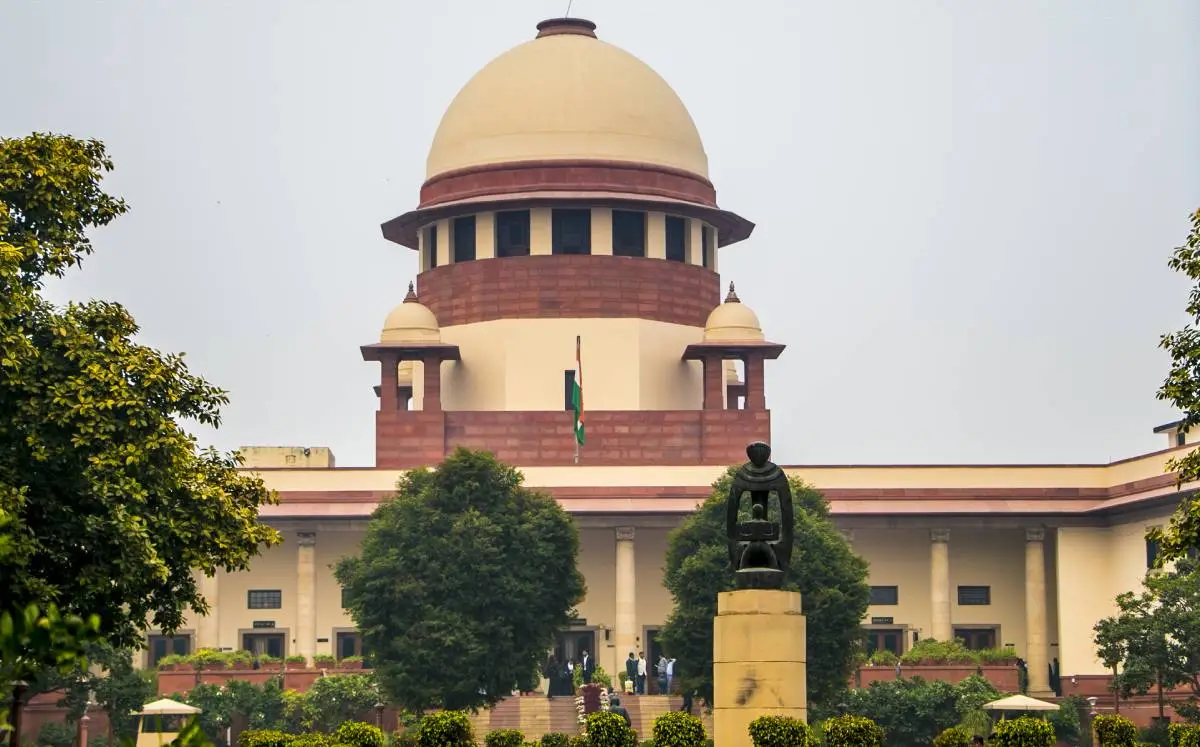
India’s Supreme Court Rejects Residency Claims By Refugees And Immigrants
India-West News Desk
NEW DELHI – As America grapples with deportations and illegal immigration, where India is on the other side of the coin, on May 19, in a sharply worded decision, the Supreme Court of India reaffirmed that foreign nationals—whether refugees, immigrants, or former militants—do not have an automatic right to remain in the country. Dismissing a plea by a Sri Lankan Tamil man facing deportation, the Court signaled once again its hardline stance on non-citizens seeking refuge in India.
“This is not a dharamshala that can accommodate everyone,” remarked Justice Dipankar Dutta, citing the strain of India’s population and legal limitations. “We are already a country of 140 crore.”
The comment came as the Court rejected a petition challenging a Madras High Court order that directed the deportation of the man. A former LTTE operative, the petitioner argued that returning to Sri Lanka would place him at grave personal risk, citing past persecution and his designation as “black-gazetted”—a status often associated with state surveillance and discrimination.
His counsel pointed highlighted his family situation: an ailing wife and a child with a serious heart condition, both living in India. But the Court was unpersuaded.
The ruling reflects a consistent judicial approach in recent years, including in cases involving Rohingya refugees. In 2021, the Supreme Court allowed the deportation of Rohingyas detained in Jammu, despite concerns from human rights groups and the United Nations about the threat of violence they might face upon return to Myanmar.
Now, with the Sri Lankan case, the Court has again made clear that India is not obliged to provide indefinite refuge. The judgment noted that the petitioner could seek asylum in another country, but India is not bound to accommodate him.



